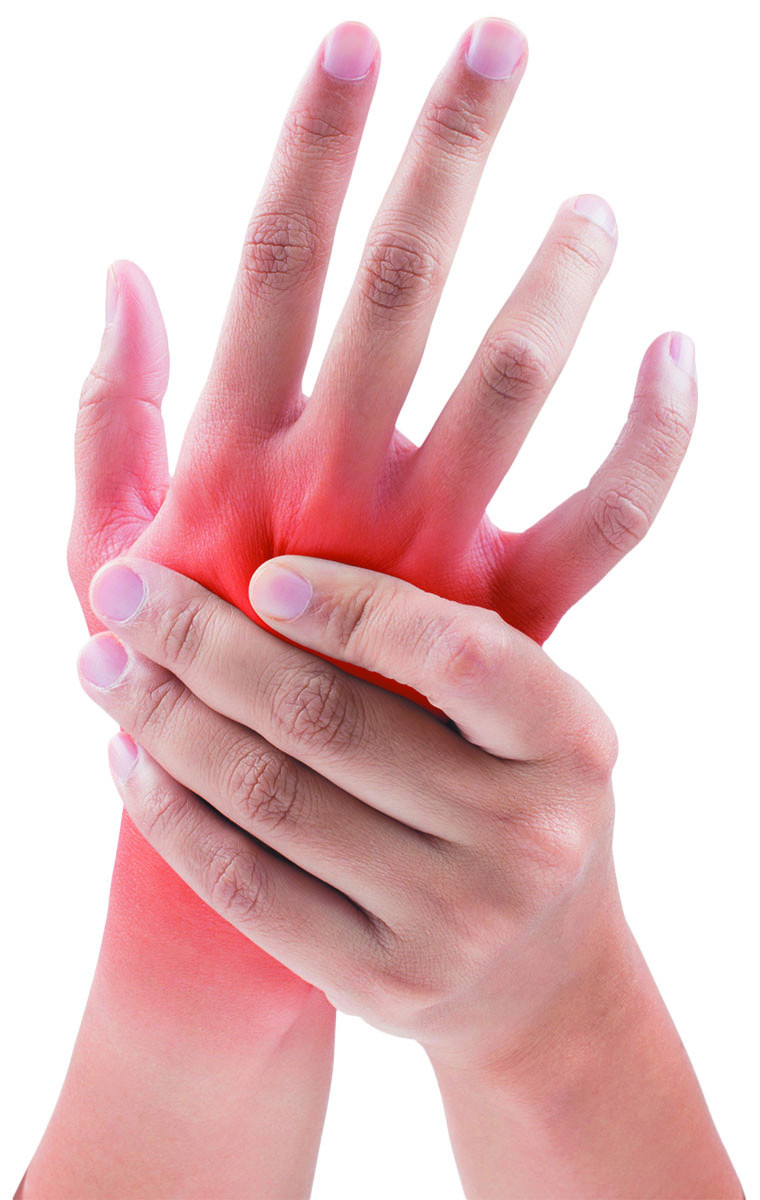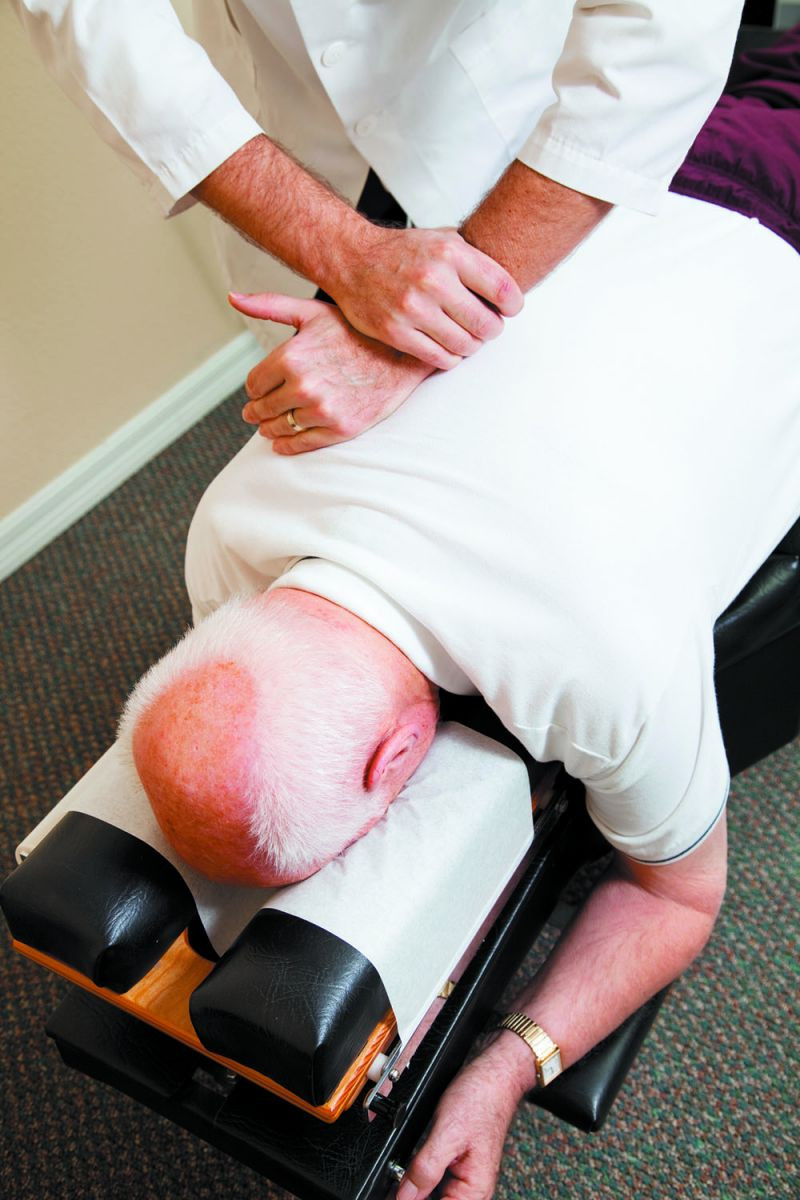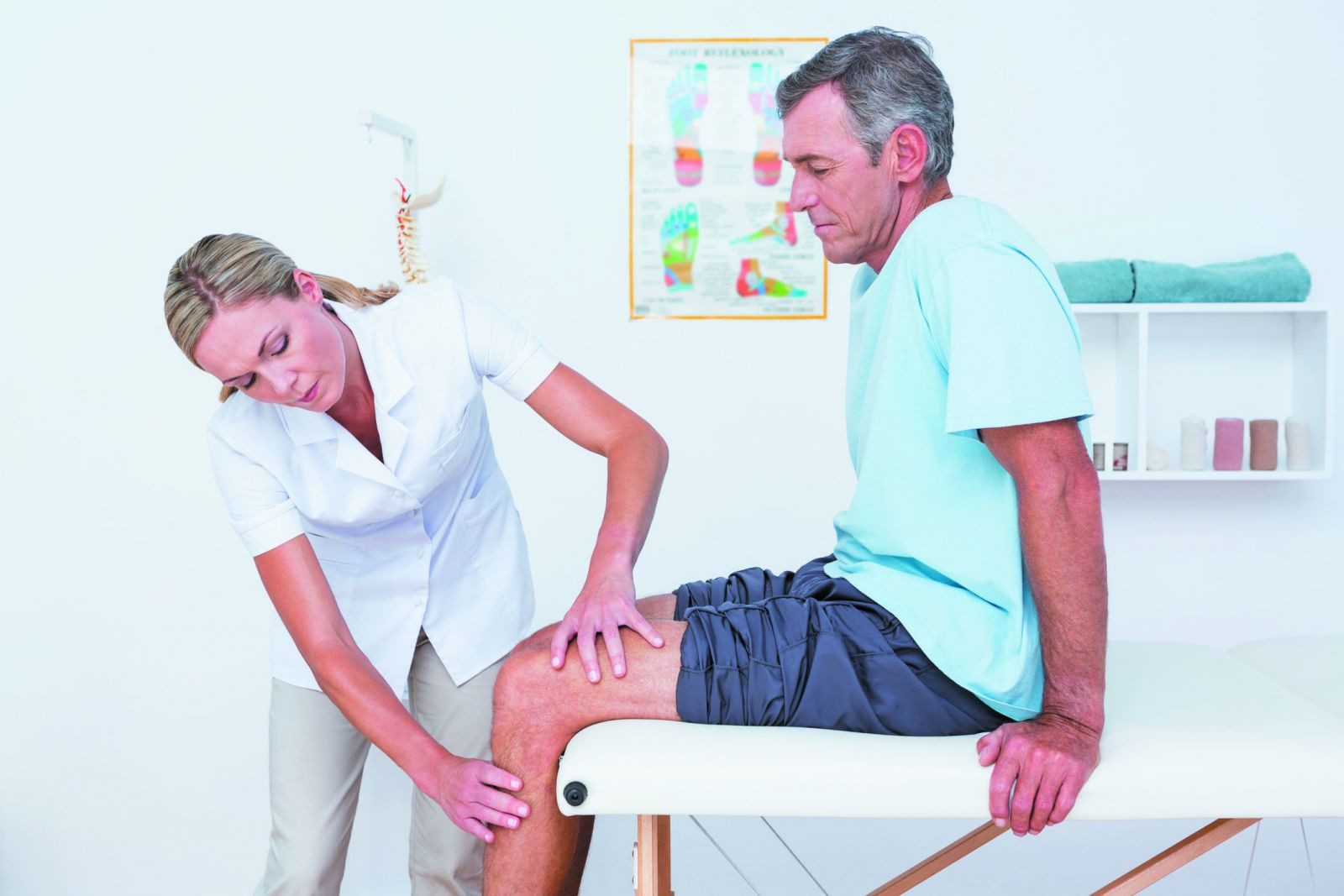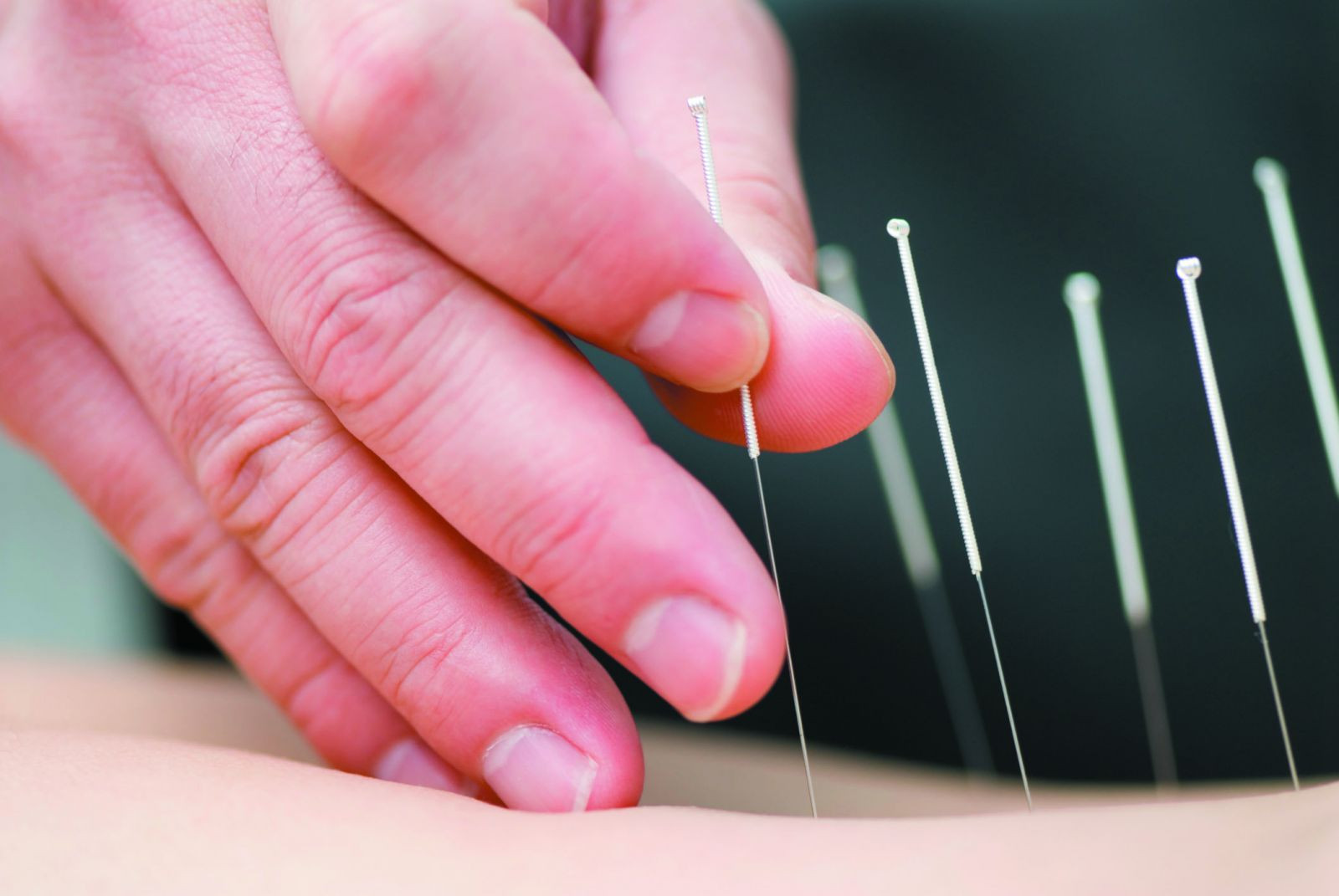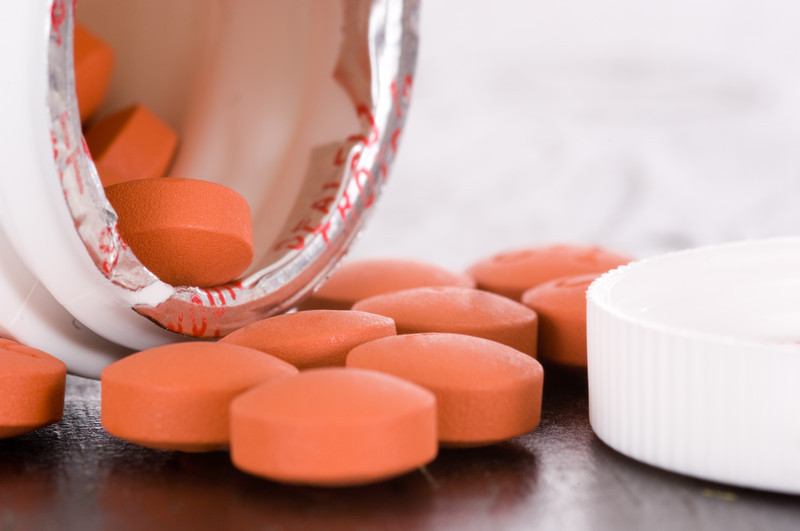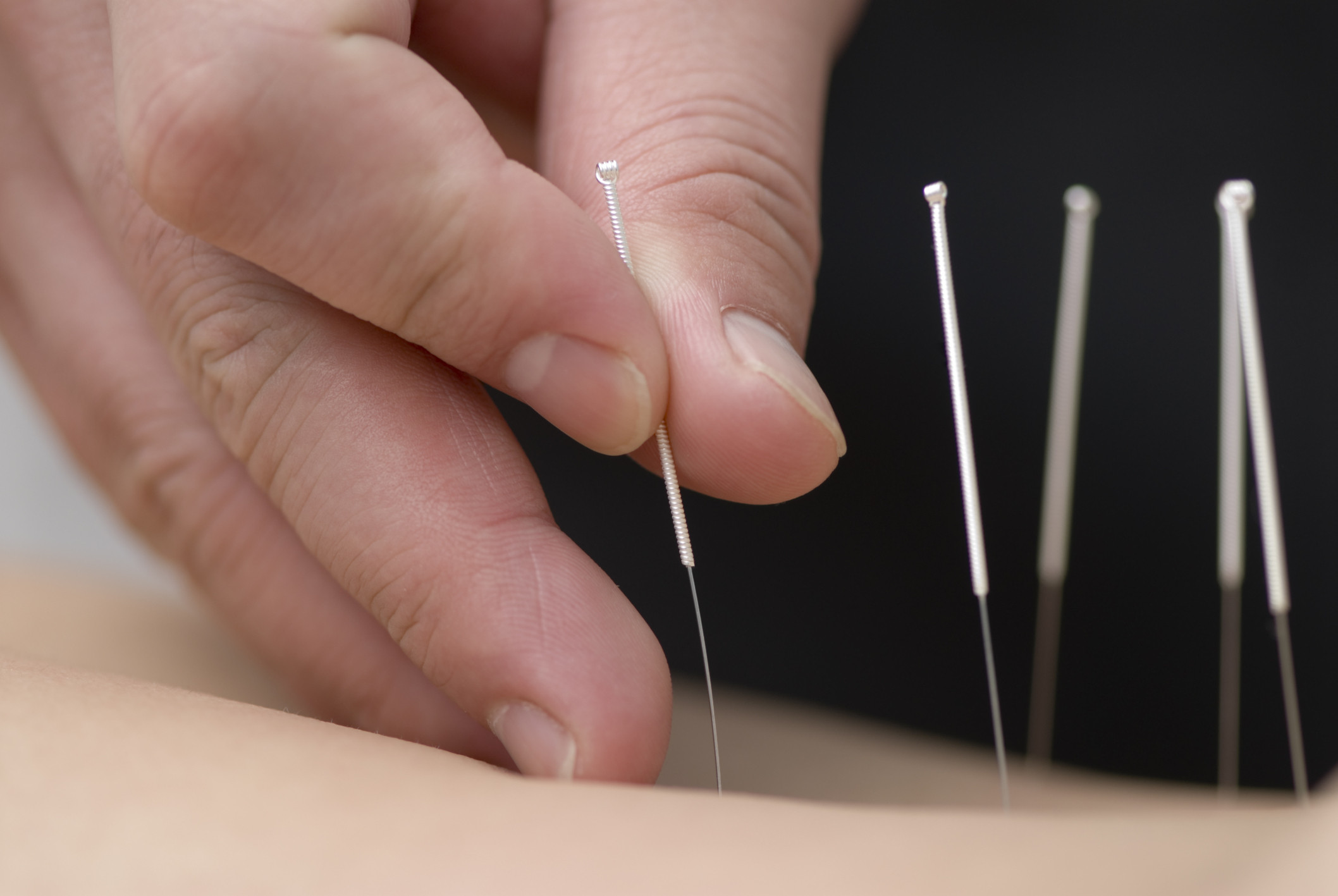
What are somatic workouts?

How to curb your stress eating

How to spot Parkinson’s disease symptoms

8 simple ways to reduce ultra-processed foods in your diet

Heart failure symptoms in women: How they’re different

GERD diet: Foods to avoid to reduce acid reflux

Strong is the new skinny

Everyday habits that sneakily weaken your bones

Don’t wait to get help for back pain

Correcting how you walk may ease osteoarthritis knee pain
Pain Archive
Articles
Best ways to cope with hand pain
Aches or numbness may keep you from doing the things you love. Find out what's behind your pain, and do something about it.
Hand pain becomes common as we get older. Tingling and numbness, aching or locking joints, and difficulty grasping objects are frequent complaints. But don't make your own diagnosis and suffer in silence. "It's difficult to discern between different types of hand pain. Some have overlapping symptoms," says Dr. Sang-Gil Lee, a hand surgeon at Harvard-affiliated Massachusetts General Hospital.
Dr. Lee advises that you seek treatment as soon as possible for persistent hand pain, before it gets so advanced that it's tough to use your hands for even the simplest jobs, like brushing your teeth or buttoning a shirt.
Turning your back on back surgery
Men considering surgery for back pain relief may benefit from more conventional treatment methods.
Back pain remains one of the top reasons people seek medical care for pain. For many older men, the source of their pain is spinal osteoarthritis.
Finding relief is an ongoing struggle, but men should think hard before turning to surgery without first trying less invasive treatments. "No one ever goes from initial back pain to needing surgery, unless the pain is due to something like cancer or an infection," says Dr. Steven Atlas, an internist with Harvard-affiliated Massachusetts General Hospital. "You can't fix arthritis. Surgery may help control the pain in some cases, so you can function better, but it won't cure your pain — no matter what doctors may promise."
Safe injection sites and reducing the stigma of addiction
The scope of the opioid crisis in the US has led some communities to revise their view of substance use disorders. One idea is creating supervised injection facilities that would provide a safe environment and make treatment resources available.
Avoid this medication combo, warn researchers
News briefs
Image: © BackyardProduction/Thinkstock
In March, we reported that long-term use of a class of prescription painkillers known as opioids, such as oxycodone (Oxycontin), comes with the risk of dependence, addiction, falls, and even death. Now, a study published March 14, 2017, in The BMJ finds that opioid users who also take a benzodiazepine — such as alprazolam (Xanax) — for sleep or anxiety are more likely to end up in an emergency room. Researchers made the connection after looking at a sample of more than 300,000 privately insured adults (ages 18 to 64) over a 12-year period. People who were prescribed both types of drugs had twice the risk of ending up in a hospital as did people who used opioids only.
The study is observational and does not prove that using both medications increases overdose risk. However, the authors say we already know that about 30% of deadly opioid overdoses involve benzodiazepines in some way. Researchers suggest that opioids should be prescribed cautiously — even if only for a short-term course — among people who are also using benzodiazepines.
Will a knee replacement really make life better?
News briefs
Image: © Wavebreakmedia/Thinkstock
Many older adults have pain from knee osteoarthritis, a condition in which cartilage in the joints wears away. But when is it time for joint replacement? An observational study published March 28, 2017, in The BMJ suggests that a new knee improves quality of life only in certain cases. The study included over 7,400 middle-age and older adults who already had knee arthritis or were at high risk for the condition. Compared with people who didn't have knee replacement, those who had the surgery during the 26-year study period appeared to have a better quality of life afterward. However, the improvements were minimal, except in people who were less physically functional before the surgery because of more severe arthritis symptoms. The authors suggest that the high costs of knee replacement may be justified only in those who are severely affected by arthritis. What if your symptoms aren't severe? As we reported last month, it may be possible to delay or avoid knee surgery by strengthening your leg and core muscles, losing weight, and improving range of motion.
The finer points of acupuncture
This ancient practice can be used alone or with conventional therapy to help ease your pain.
Image: © zilli/Thinkstock
Men looking for an easy and effective means to manage pain should consider acupuncture.
"There are many different types of pain — neuropathic, muscular, degenerative joint — all of which can make management complex," says Hugo Lopez, a licensed acupuncturist with Harvard-affiliated Massachusetts General Hospital Cancer Center. "Sometimes you need to treat not just the physical components, but also the psychological ones, and that is where acupuncture can help, as it addresses both problems."
Getting the best of bothersome bunions
Proper care and footwear can prevent these bumps from causing pain and hampering your mobility.
Image: © ogiana/Thinkstock
Your big toe deserves some sympathy. Its position and length set it up for stubbing and other injuries. Shoes press in on the toe from the side and down on it from the top. Moreover, the toe also bears much of the body's weight with each step. And the result of the constant wear and tear is often a bunion. The medical name for bunion, hallux (big toe) valgus (turned away from the midline), provides a pretty good description of the way this problem creates a bump at the side of the foot.
How bunions develop
Dr. James P. Ioli, chief of the podiatry service at Harvard-affiliated Brigham and Women's Hospital, cites several reasons some women develop bunions, including the following.
Just 45 minutes of weekly activity may help with arthritis
In the journals
Studies have shown that regular activity can help older adults with arthritis stay independent. How much is enough? Research published online Dec. 28, 2016, by Arthritis Care & Research suggests you may need as little as 45 minutes per week.
Federal guidelines recommend 150 minutes of moderate activity per week to prevent premature death and serious illness. However, reaching that number is tough to reach for people with arthritis; in fact, only one in eight men with knee arthritis meet this standard. In this study, researchers tracked several years of fitness activity for 1,629 adults (44% of whom were men), ages 49 to 83, with osteoarthritis in the hip, knee, foot, or some combination. Specific exercises or activities were not recorded, only the time invested per week.

What are somatic workouts?

How to curb your stress eating

How to spot Parkinson’s disease symptoms

8 simple ways to reduce ultra-processed foods in your diet

Heart failure symptoms in women: How they’re different

GERD diet: Foods to avoid to reduce acid reflux

Strong is the new skinny

Everyday habits that sneakily weaken your bones

Don’t wait to get help for back pain

Correcting how you walk may ease osteoarthritis knee pain
Free Healthbeat Signup
Get the latest in health news delivered to your inbox!
Sign Up
